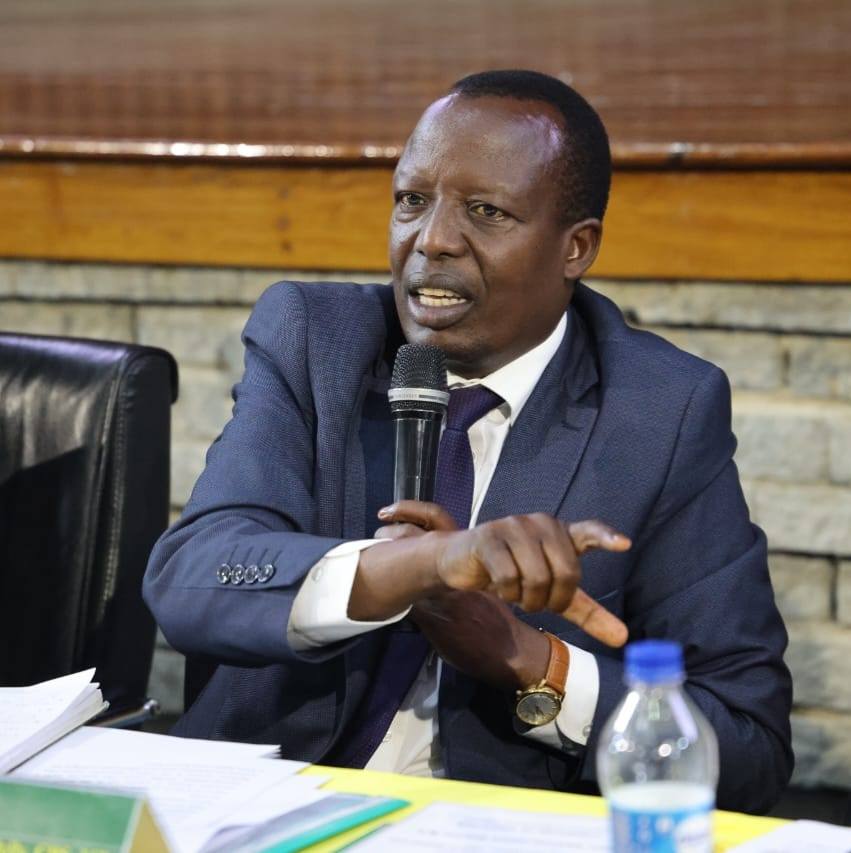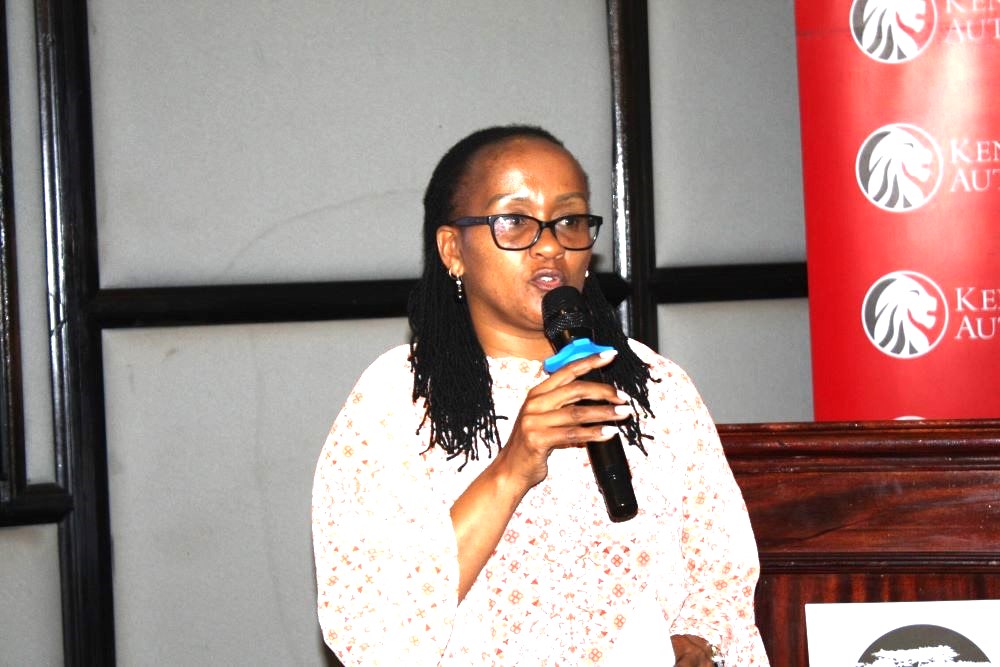The National Assembly Committee on Education has put the Kenya Association of Private Universities (KAPU) on spot over pending government bills, students population data, and sustainability of university programmes.
Led by the Committee chair Julius Melly, the lawmakers questioned the authenticity of student population data provided by KAPU, urging the association to work closely with the Ministry of Education and the Commission for University Education (CUE) to validate their figures.
KAPU led by Very Rev. Prof. Stephen Mbugua, the Vice Chancellor of the Catholic University of Eastern Africa, said that the government owes private universities approximately Kshs 48.8 billion, accumulated since 2016, when the government began placing students in private universities through the Kenya Universities and Colleges Central Placement Service (KUCCPS).
“We have submitted details of the pending bills to the National Treasury, the Universities Fund, and the Ministry of Education. The Ministry has previously acknowledged the debt and we have also presented our case to the Pending Bills Committee of the National Treasury,” said Prof. Mbugua.
He noted that before 2016, private universities were financially stable as they admitted students directly, but the KUCCPS placement policy change and delayed disbursements of Differentiated Unit Cost (DUC) funds had left many institutions struggling.
“While the government undertook to meet 80% of the tuition fee for government-sponsored students, the disbursement process has not been smooth, forcing universities to finance learning from their reserves,” he added.
Committee Chair Melly expressed concerns over accuracy of data on government student enrollment since inception of the initiative in 2016, noting that private universities play a critical role in expanding access to higher education.
ALSO READ:
County Bursaries in Crisis: Kenya must act or betray education dreams of a generation
“When I look at your documents, you have a very large government sponsored student population across all private universities. Have these students been ascertained by the Ministry of Education and the Commission for University Education? How many have dropped out and how many are still continuing?” posed Melly.
Baringo North MP, Joshua Makilap, also emphasized the need for data verification, particularly on government-sponsored students placed in private universities since 2016.
“We need accurate data. How many students have graduated, how many have deferred, and how many dropped out? This information is crucial as we look into funding and pending bills,” he said.
Prof. Phylis Bartoo (Moiben) echoed the call for verified data, noting that without accurate figures on government-sponsored students, it would be difficult to allocate budgets effectively.
The Committee also raised concern over the academic preparedness of faculty in private universities, with Melly seeking clarification on how many teaching staff lacked PhDs or were currently pursuing them. He further challenged the institutions to develop niche programmes that address the needs of the job market.
“A number of universities in Kenya, both public and private, have been blamed for offering unmarketable degree programmes. What are you doing to build your niche?” he asked.
ALSO READ:
Narok East MP urges youth to enroll at Maasai Mara Technical & Vocational College
On financial sustainability, Dr. Christine Odhiambo (Siaya County) questioned the association on efforts to address pending bills and generate alternative sources of income.
“What income-generating activities are you engaged in to supplement your income and become more sustainable?” she asked.
However, KAPU called on the Ministry and CUE to review programme approval charges, arguing that the current fee of Kshs 320,000 per programme is unsustainable, especially for universities offering over 100 programmes.
The Committee further directed KAPU to consolidate data on government-sponsored students, including enrolment, deferrals, and graduation trends from 2016 to date and engage the Pending Bills Committee of the National Treasury to verify all claims.
“You need to ensure that your pending bills are certified by the National Treasury’s Pending Bills Committee,” said Melly. “This Committee will work with you, the Ministry of Education, and the Treasury to resolve these issues so that private universities can continue offering quality education.”
On policy, the Committee directed KAPU to submit amendments to the Universities (Amendment) Bill to strengthen the higher education sector.
By Juma Ndigo
You can also follow our social media pages on Twitter: Education News KE and Facebook: Education News Newspaper for timely updates.
>>> Click here to stay up-to-date with trending regional stories
>>> Click here to read more informed opinions on the country’s education landscape






